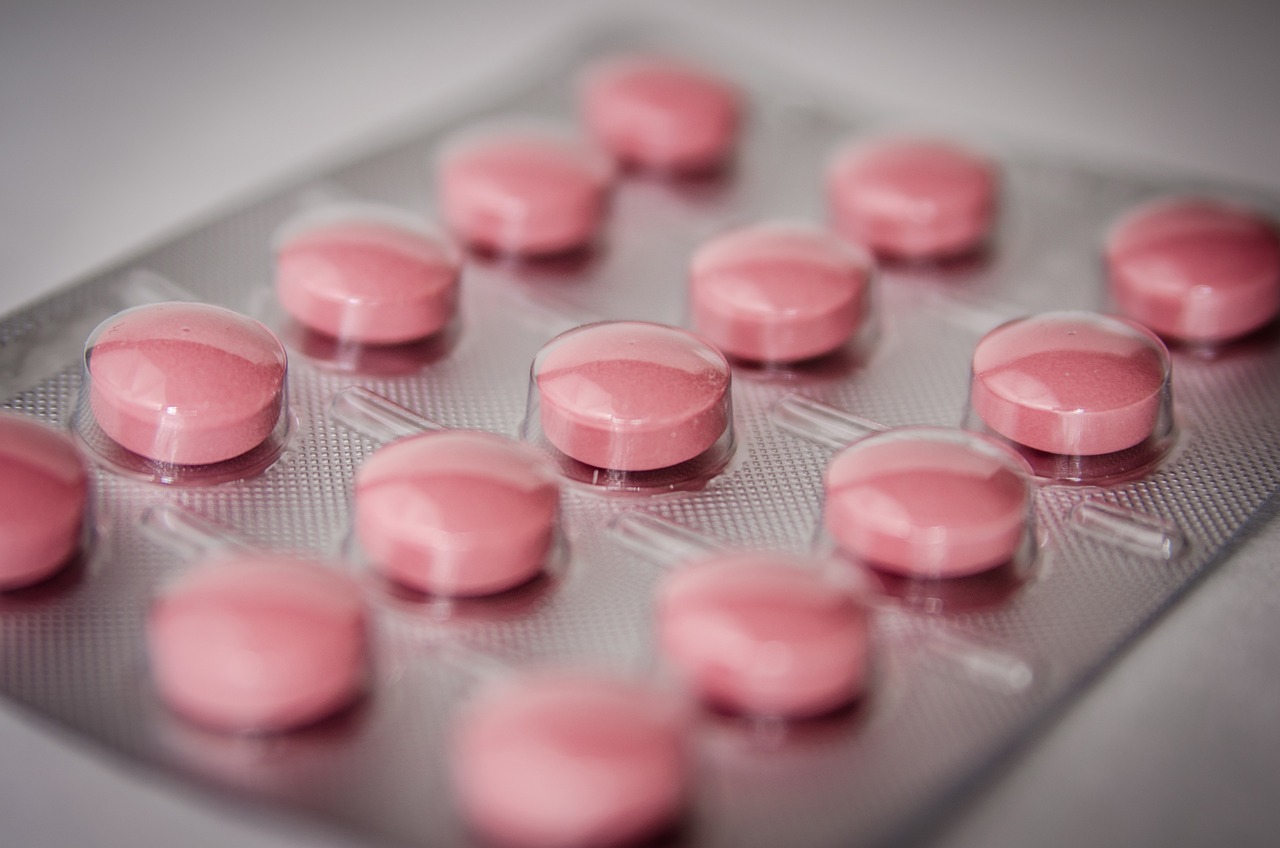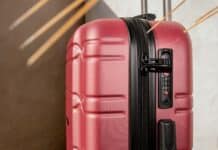Are you planning a trip and want to be prepared for any medical-related issues?
There are few things more important than being prepared for medical emergencies when you are on a trip.
Traveling can have risks, and being equipped with the right medical supplies can help you be ready in case of unexpected health issues or accidents.
Here is a list of 6 must-have medical supplies you should always take with you on a trip.
Laxatives
One of the most important things to take on a trip is laxatives. Laxatives are essential for relieving constipation, which can be a common problem while traveling.
They are also useful if you suffer from other digestive problems, such as diarrhoea or stomach cramps. There are different types of laxatives, and it is important to find the one that works best for you.
Some of the factors to consider when taking laxatives on a trip include the type, dosage, and potential side effects.
The dosage should always be taken as directed, and it is important to be aware of potential side effects such as nausea or diarrhoea. For instance, some types of laxatives can cause dehydration, so it is important to stay hydrated while using them.
Pain Relievers
Another must-have medical supply for your trip is pain relievers.
Pain relievers are essential for treating headaches and other minor aches and pains that may arise during your travels. Aspirin, ibuprofen, and acetaminophen are all common types of pain relievers to take with you on a trip.
It is also important to be aware of the potential side effects of medications, including possible drug interactions and contraindications.
For instance, aspirin should not be taken if you have certain medical conditions, such as stomach ulcers, or if you are pregnant.
Always read the labels and follow the directions of any medication you take.
Antibiotics
When traveling, it is also important to have antibiotics on hand in case of an infection or injury.
These are especially important if you are traveling in a remote location and may not have access to medical care quickly.
Be sure to talk with your doctor about what type of antibiotics to take with you on the trip and how to use them properly.
Always check expiration dates before taking any medications, and be aware of potential side effects.
Antibiotics can cause diarrhoea, nausea, and vomiting, so be sure to take the appropriate precautions when taking them. Be sure to always finish a full course of antibiotics, even if you start to feel better.
Allergy Medication
Do you suffer from allergies such as hay fever or allergic reactions to certain foods?
Allergy medication can be essential for a trip, especially if you are traveling to a new environment.
Pack antihistamines and other types of allergy medication in case you experience symptoms while away from home.
When taking allergy medication, it is important to read the labels and follow the directions carefully.
Be aware of potential side effects such as drowsiness or dry mouth, and always talk with your doctor if you are uncertain about any medications you take.
They will advise you on how to manage your allergies while traveling.
Bandages and Antiseptics
Another must-have medical supply for a trip is bandages and antiseptics.
Bandages are essential in case of cuts or scrapes and come in handy when you need to cover a wound.
Bandages also help keep the wound clean and protected from further injury or infection.
Antiseptics are also essential for cleaning wounds, as they reduce the risk of infection.
It can be helpful to have a variety of antiseptics on hand, such as hydrogen peroxide, iodine, and rubbing alcohol. Be sure to read the labels and follow the instructions carefully when using antiseptics.
Hand Sanitizer
Finally, hand sanitizer is an important must-have medical supply to take with you on a trip.
Hand sanitizer helps reduce the risk of spreading germs and illnesses while traveling. It is especially helpful if you visit areas where soap and water access may be limited.
Be sure to choose a hand sanitizer containing at least 60 percent alcohol. It is also important to use only a small amount and be aware of potential skin irritation or allergies. For instance, if you have sensitive skin, you may want to choose a hand sanitizer that is alcohol-free.
Traveling can bring a variety of unexpected medical needs, so it is important to be prepared with the right medical supplies.
It is essential to have pain relievers, antibiotics, allergy medication, bandages and antiseptics, and hand sanitizer on hand for any trip.
Be sure to read labels carefully and follow instructions when using any medications, and always talk with your doctor if you have any questions or concerns.
With the right medical supplies, you can ensure that your trip is safe and enjoyable.







